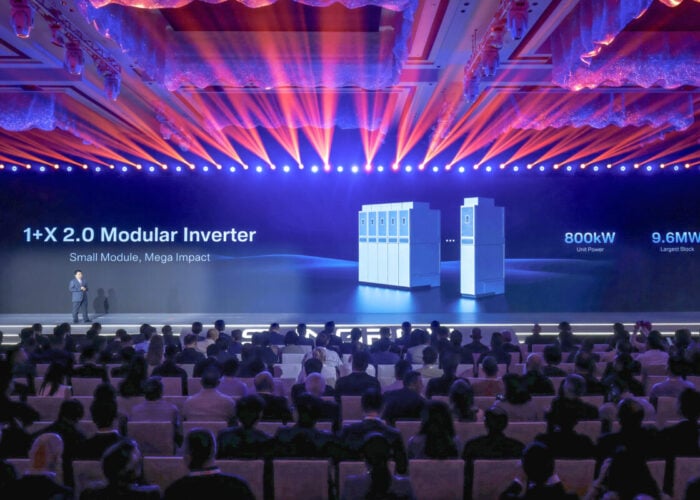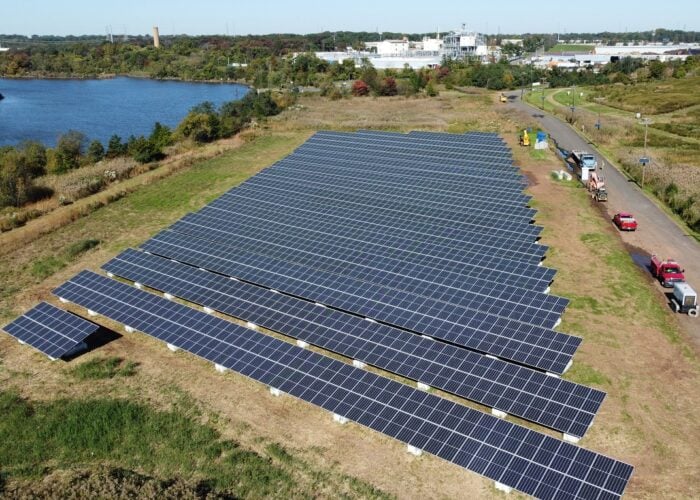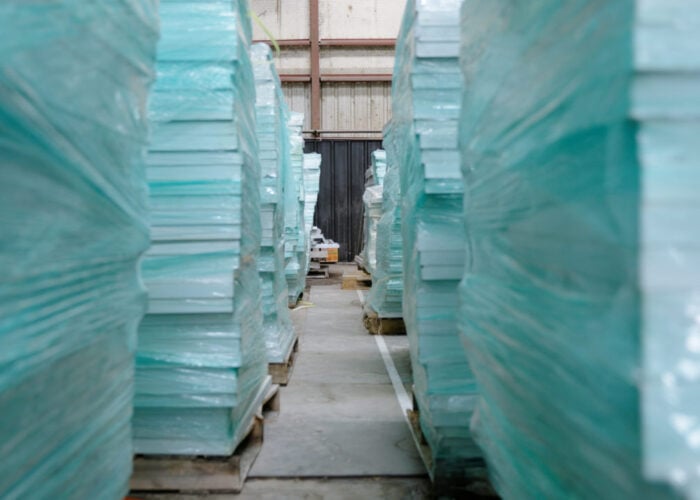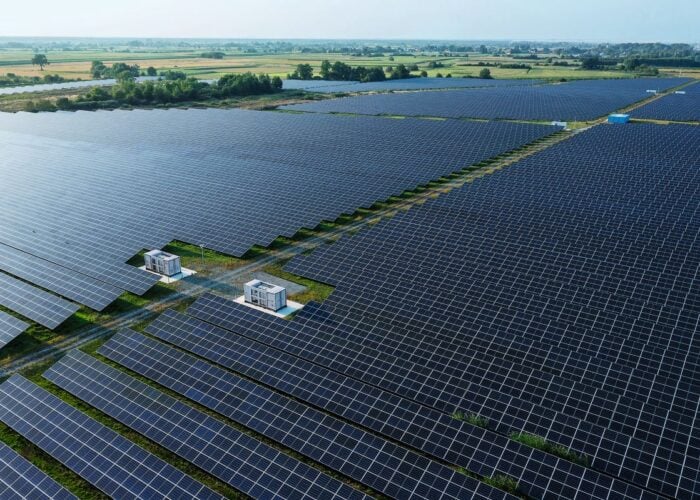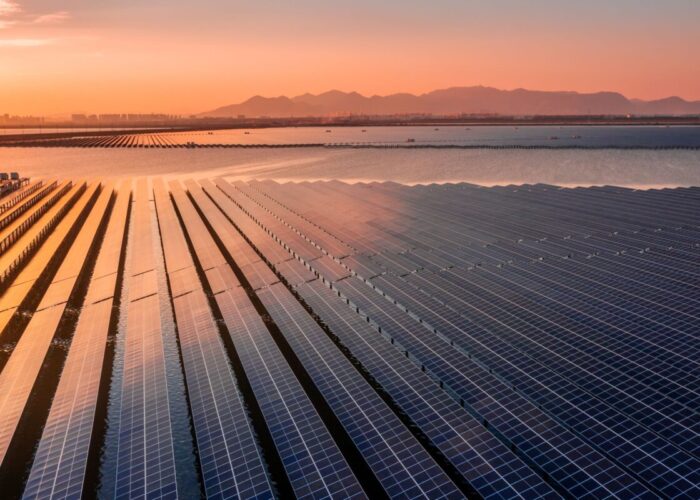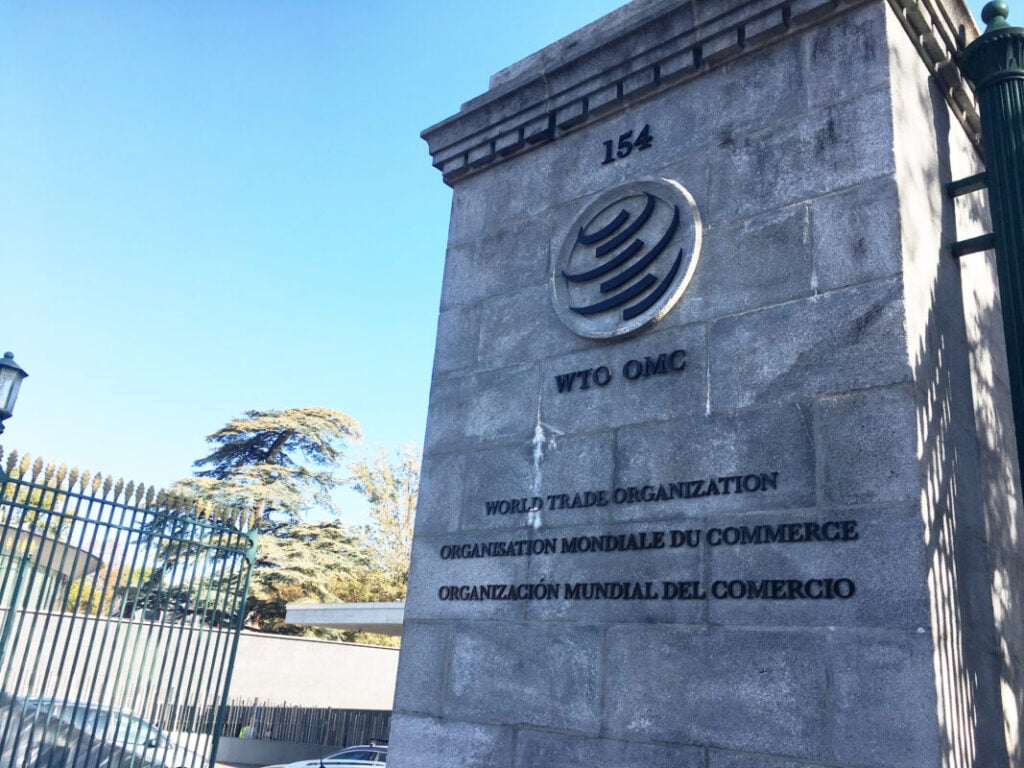
As the US solar industry experiences rapid growth, driven largely by incentives provided through the Inflation Reduction Act (IRA), a dispute lodged by China with the World Trade Organization (WTO) has sparked discussions about potential repercussions.
PV Tech Premium interviewed a prominent US-based lawyer with expertise in renewable energy, project finance and private equity to ascertain whether the domestic PV industry has anything to fear from the probe into whether certain tax credits under the IRA are compatible with WTO rules.
Unlock unlimited access for 12 whole months of distinctive global analysis
Photovoltaics International is now included.
- Regular insight and analysis of the industry’s biggest developments
- In-depth interviews with the industry’s leading figures
- Unlimited digital access to the PV Tech Power journal catalogue
- Unlimited digital access to the Photovoltaics International journal catalogue
- Access to more than 1,000 technical papers
- Discounts on Solar Media’s portfolio of events, in-person and virtual
Or continue reading this article for free
The dispute comes amid heightened trade tensions between the two powers. This week, the US government issued a preliminary determination to impose fresh tariffs on Chinese PV imports manufactured in Southeast Asia.
It centres around the IRA’s domestic content requirements, which offer tax credits to projects that utilise US-made materials. China claims this provision is protectionist and unfairly disadvantages foreign, specifically Chinese, suppliers.
However, according to Carl Fleming, partner at law firm McDermott Will & Emery, the dispute is likely to have minimal impact on the IRA’s overall effectiveness, while highlighting several reasons why the WTO’s role in this situation might be limited. Fleming and other trade experts he has consulted suggest the matter is not currently viewed as an imminent threat. Fleming and his team at McDermott, Will and Emery have closed over 80 post-IRA deals in the US.
WTO enforcement challenges
One of the central reasons for this lack of concern is the current state of the WTO itself. Since 2019, the organisation’s appellate body has lost its quorum due to a lack of seated members, significantly limiting the WTO’s ability to adopt dispute-settlement decisions, which are a precursor to enforcing its rulings.
“This begs the question of how effective the WTO will be at adjudicating any IRA-related dispute at this time,” said Fleming
Without a functional appellate body to adopt any decisions that are appealed, it remains uncertain how much influence the WTO could have on the US or its solar industry should China win the dispute.
Domestic supply chain strength
Another reason the WTO dispute is seen as a secondary concern is the rapid strengthening of the domestic solar supply chain in the US. The IRA, passed in 2022, was designed to bolster local production of clean energy components. The act incentivises US-based production, which has helped create a buffer against potential trade disruptions from countries like China.
“The IRA has dramatically accelerated the financing and buildout of the domestic supply chain in the States,” Fleming noted. “As the US and China continue to play hardball, the US now has several large manufacturers that have doubled down on domestic production and a number of newly formed suppliers here in the States, despite the US production still needing to get up to speed to meet the increasing demand for projects.”
Although there is still room for growth in the US solar manufacturing sector, the domestic content provisions in the IRA have already spurred investments in American production, lessening the industry’s dependence on Chinese imports.
Despite China’s protest, many solar projects in the US are not reliant on direct imports from China. Fleming said that several companies have strategically found ways to either directly source modules from other Asian countries that are not subject to the trade restrictions or establish joint ventures in other regions such as India and Europe.
Moreover, where the dispute focuses on domestic content, Fleming said that the key concern for many in the industry is the tax credits offered for meeting domestic production thresholds. These credits are critical for securing financing for large projects. However, the view from the industry insiders with whom Fleming consulted is that even if the WTO sides with China, it would be difficult to determine what the financial ramifications would be or how enforceable such a ruling would become.
Tax credits booming
At the heart of the solar industry’s current boom is the abundance of tax credits available for renewable energy projects, incentivised by the IRA. The growth of tax equity markets has been significant, and the demand for deals has outpaced the availability of professionals who can manage them, claimed Fleming – adding that at the recent RE+ conference in Anaheim, a major solar industry event, the overwhelming sentiment was that business is booming.
“The unanimous thing around the room is that every banker, every tax equity investor, every sponsor is loaded up with deals,” Fleming added. “We are fortunate that our team has been doing renewables for decades and is one of the largest in the industry to handle the demand – it is a good problem for the industry to have.”
China’s claim to the WTO centres on the idea that the IRA’s domestic content provisions are protectionist, a charge that the US has pushed back against. The US government has pointed out that China itself employs numerous non-market policies, such as state subsidies and labour practices that give it an unfair competitive advantage. This response has raised questions about the validity of China’s arguments and accusations of hypocrisy.
Although China’s challenge to the tax credits within the IRA is an ongoing issue, it has yet to cause significant disruption in the American solar market. Fleming believes that the dispute remains a side issue, particularly given the WTO’s current limitations and the growing strength of the domestic solar supply chain. The general consensus is that the dispute is worth monitoring, but not something that warrants immediate concern.
“No one’s raising alarm bells yet,” Fleming adds. “It sounds ominous until you break it down, but it’s just not a big thing to worry about for now.”

